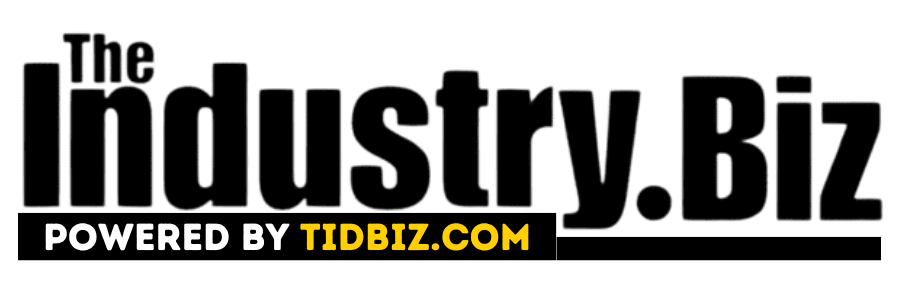Introduction
As the real estate market continues to evolve, understanding the current trends and anticipating future changes is crucial. This article delves into the next phase of the ongoing real estate market crash, examining key factors influencing the market, recent developments, and potential impacts on buyers and sellers.
Velocity of Transactions Declines
Over the past year, the velocity of real estate transactions has significantly decreased. Fewer homes are being sold, leading to a noticeable slowdown in the market. According to recent statistics, the number of homes sold nationwide last year mirrored the levels seen during previous market downturns.
Government Loan Programs
In an effort to stimulate the market, the government has introduced various loan programs targeting individuals with low financial literacy and poor credit scores. These initiatives aim to eliminate fines and fees associated with low credit scores, with banks absorbing these costs. Additionally, new loan products like 40-year fixed-rate mortgages have been introduced, although their high interest rates have limited their appeal.
Banks’ Strategies to Stimulate Lending
Banks are employing various strategies to encourage lending despite rising interest rates. Programs such as 3-2-1 buy-downs, step-down loans, and even 0% financing options have been introduced. Some lenders are offering “buy now, pay later” schemes, allowing buyers to delay mortgage payments until their homes are sold. These incentives are designed to attract buyers even as the market contracts.
Home Builders’ Incentives
Home builders, facing declining sales, have introduced numerous incentives to attract buyers. Initially, they offered additional items like free refrigerators and upgrades. When these failed to boost sales, builders began lowering rates and offering rate buy-downs. Despite these efforts, many buyers are now facing significantly higher mortgage payments as initial promotional periods end.
Rocket Mortgage’s 1% Down Program
Rocket Mortgage has introduced a 1% down payment program targeting buyers who might otherwise struggle to qualify for loans. While this program aims to make homeownership more accessible, it also increases the financial risk for buyers, leading to higher interest rates. Some companies are even offering to cover down payments with the condition that buyers repay the amount upon selling their homes.
Declining Home Prices and Increasing Inventory
Recent data from the Federal Reserve indicates a nationwide decline in home prices, with certain sectors, such as luxury homes, experiencing sharper drops. Inventory levels are rising, as seen in places like Orlando, where inventory increased by 82% compared to the previous year. This trend suggests a cooling market and greater opportunities for buyers.
Mortgage Education and Preparation
Understanding the intricacies of mortgages is crucial for navigating the current market. Education on various mortgage products, credit improvement strategies, and investment techniques can empower buyers to make informed decisions. Courses and resources on real estate finance can help individuals secure favorable loan terms and prepare for future market fluctuations.
Veterans’ Opportunities
Veterans can benefit from VA loans and VA repossessions, which offer zero down payment options and priority access to foreclosed properties. These programs provide significant advantages for veterans looking to enter the housing market.
Insurance Considerations
In areas with high insurance costs, such as Florida, negotiating lower home prices and securing seller concessions can offset insurance expenses. Buyers should factor in insurance costs when evaluating potential purchases to ensure affordability.
Conclusion
The real estate market is undergoing significant changes, with declining transaction velocities, new loan programs, and increasing inventory levels. By staying informed and leveraging available resources, buyers can navigate this complex market and seize opportunities for homeownership and investment.


